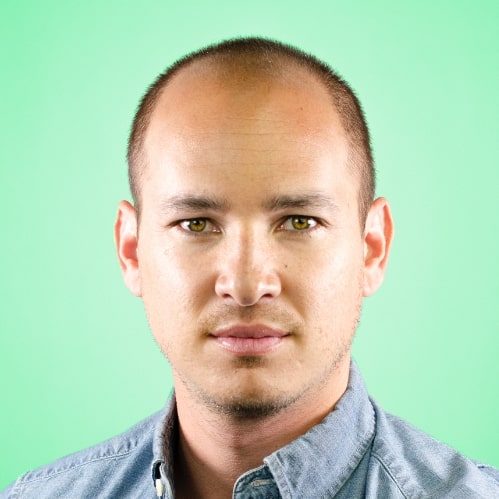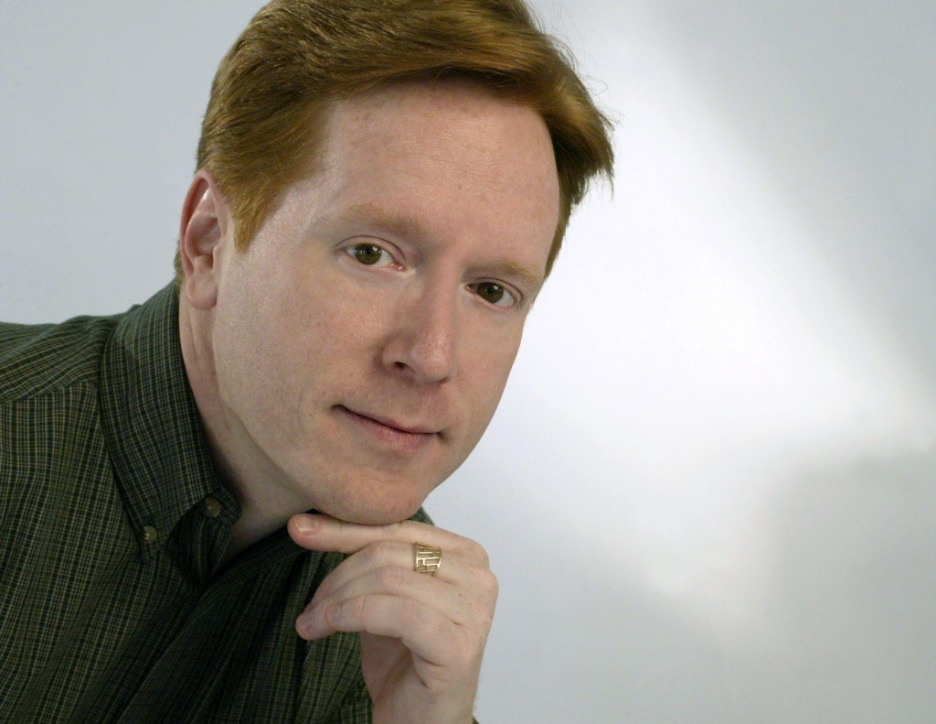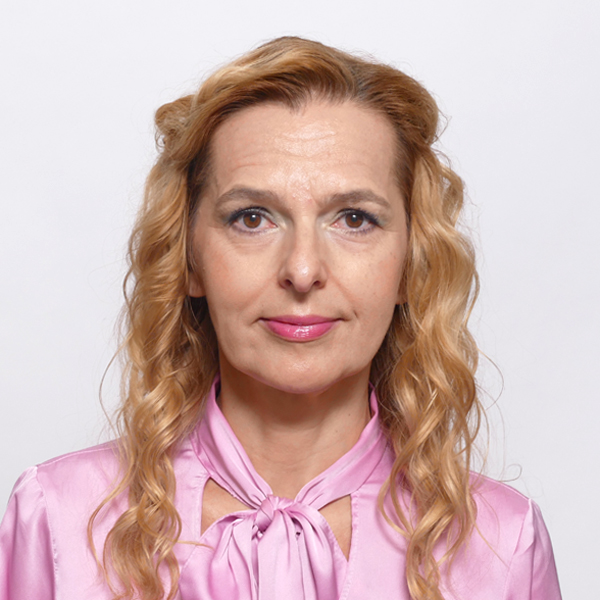
Sara Movahedazarhouligh discusses the challenges as an Iranian student applying to schools in the United States.
Can you share a little bit about your background?
Yeah. I'm an international student and I came to the United States as a Ph.D. Student with student visa. So I'm from Iran and I did my bachelor in occupational therapy in Iran, then my master's in rehabilitation administration, and for my phd I was aiming to continue my studies abroad and by abroad I mean I was looking for universities in Europe, Australia, Canada and United States and people, relatives outside Iran suggested to me that 'if you mainly focus on United States, you will have a better chance,' because it has larger number of universities that you can apply for, but on the other side, there was political challenges. Crisis. Visa Challenge is everything that didn't associate with the academic part, you know, a when you are dealing with your visa challenges, they don't care how good of a student you are. They don't care about this thing because it is not their job.
It's a politcal issue.
Yeah, It is political and a safety issue and they just focused on that area. So I had that challenge too. If I wanted to focus on U.S. And the venue or applying abroad, you cannot have everything to get there. You cannot apply Europe, you cannot apply to Australia because it's a very expensive process, it is a very lengthy process, especially for the people like me that they variance sent abroad by their, you know, organization or government. I did that. I started from zero to a hundred on my own. I was applying myself, because when I got here I saw lots of a student who were on scholarships or fellowships from their government or organization in their countries. So they did nothing. They just packed the suitcase and came here because everything was done for them, you know? But I was not like that. I did everything myself and that was a very, very difficult process. I spent like three years to apply and get admission and get a visa and just came here.
So from the time that you decided to apply for Ph.D. In the United States to the time that you actually landed in the United States, took you about three years?
And you know, uh, it took me three years considering the fact that I didn't need improve my English at the time because I, I was good at English in Iran. I was an English teacher. I taught TOEFL and aisles to individuals in Iran. So I had a good level of English mastery. So I didn't a delay myself on learning English. Imagine if I had to learn English. It would have taken me five or six years. So I right started just taking TOEFL and TOEFL was valued just for two years. If you miss that two year deadline because of any delay in your process, you would have, you needed to sit for that again. Then I sat for GRE and you know, GRE and TOEFL, it is not like here in other countries, they are rarely a schedule and you have to wait in waiting lists, they are very expensive because of differences in currencies.
You know you may pay pay $300 here, for TOEFL or 300 something for GRE, but in other countries it's a lot of money. And imagine if you fail the first time or if you miss the deadline you'll have to pay that again and you have to be on that waiting list again and, and there are lots of other challenges. For example, we don't have credit cards in our country and everything should be paid through credit card. Just going through that one little thing, you don't know how much time it took me because I had to apply through organizations in Dubai to just get a credit card to people who do this and get their interest just to pay your money. Just one, that little thing,
And that's just one payment
One payment and one very little element of my application process. There were lots of such problems like posting your material here, like lots of material were confidential and university just sealed them in closed packets and they didn't give you electronic copies so that you could email them here. You had to send them here via, you know, uh, mail and mail - could be regular mail that was not trustworthy and you could have to go to DHL, which was very limited, very expensive. And you know, so I, I, uh, applying for DHL to post your material for here was an another challenge. I dunno, making payments through credit cards was another challenge even after years of trying and getting my TOEFL GRE material, whatever. The biggest, biggest and most difficult part for me was applying for a visa because we didn't have - We don't have a United States consulate in our country and we had to apply through Nate, our neighbors like Turkey, like Dubai, like Azerbaijan. I went through Dubai and it took me like five or six months just to be able to schedule something on the calendar because as soon as they open their calendar, it was full. And you miss the days that they were open for a student visa interviews. And just spending a lot of money traveling there - doing the interview. Then, uh, I was among the very fortunate cases as an Iranian student with that sensitive - whatever political issues, I was among the fortunate ones, that event, I didn't, I was not rejected because, you know, one out of 10 gets this fortunate. A result of not being rejected. A lot of students who are tremendously potential just get rejected because of their identity.
It's not a joke to just survive with no money here. You know, it's impossible. When there is no money you cannot study in, cannot leave. So you have to just go back. So from the very first semester, they (UNC) supported me, with an assistantship and I could waive my tuition. I could get a monthly stipend, which was good for your very basic needs and - and that hope with my savings to just support our life. So I could come along these three years, with that support that. I, I'm I will always be so, so tankful to UNC and my department for having such support for international students.
So, um, for my case I feel like I'm going to, again, I don't know how political side will interfere with this because I pretty feel serious about that. It can hinder, prevents you from just pursuing your passion because considering your background, some sponsors me be scared that what if because of her background or his background, she will not be able to stay here for long
So unpredictable.
Yeah, she will have problems getting a i dont know, continuing her H visa applying for a green card no matter what potentials you have. No mother how a good match you are for what they are looking at, what they are looking. Maybe you are the very perfect person or choice for what they need but your background just stops them from hiring you because you are a scary case because you may not be able to work as long as they want you. So this is one part of that policy or political piece that interferes with mainly students like me be my background because it is very different from different for students with other backgrounds. If you are a student China. If you're a student from majority of other of countries,
You, so what you're telling me is that you're not really sure what's going to happen Yet.
Exactly.
I think it's my ethical responsibility and lots of other international students like us who come here and who gets such quality education and support and grow as an individual and as a, as a professional scholar to represent our organization. And I think one part of this representation happens with the research we are doing because this research gets published in a national and international venues. And I am happy to say that I've done lots of research, not lots, I'm sorry. I've done some researches that got published in quality top tier journals and that's a good representation of who, who did this research. People from UNC and the we get support to attend professional events where, we can just introduce ourselves, represent ourselves and the organization that supported us to end up there and presenting or attending a professional events. And uh, I just think that having this kind of support on doing research and growing as a professional as color is the best way to represent UNC.





